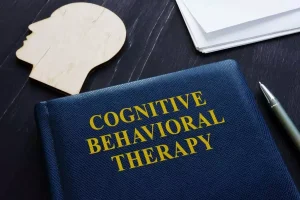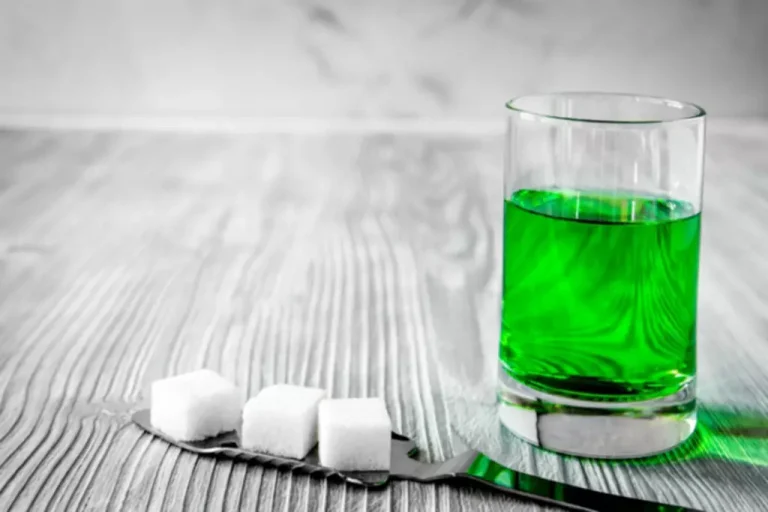Heartache in a Bottle: Understanding Alcoholic Cardiomyopathy PMC

He compared the prevalence of different polymorphisms of the angiotensin-converting enzyme gene in 30 ACM patients and in 27 alcoholics with normal ventricular function. Furthermore, 89% of the alcoholics with a DD genotype developed ACM, whereas only 13% of those with an II or ID genotype developed alcoholic cardiomyopathy symptoms this condition. However, this individual susceptibility mediated by polymorphisms of the angiotensin-converting enzyme gene does not appear to be specific to ACM insofar as several diseases, including some that are not of a cardiologic origin, have been related to this genetic finding[65].
Basic studies on molecular mechanisms of myocardial damage
- All previous mechanisms can induce myocyte apoptosis through the induction of mitochondrial damage and oxidative stress [12].
- The efficacy of abstinence has been shown in persons with early disease (eg, prior to the onset of severe myocardial fibrosis) and in individuals with more advanced disease (see Prognosis).
- Control of these alcohol-related systemic diseases, as well as the strict control of the presence of other heart risk factors (tobacco, cocaine, arterial hypertension, diabetes mellitus, or anemia) contributes to ACM improvement [10,20,23,37,52].
- This eventually limits the heart’s ability to pump oxygen-rich blood around the body.
- He divided this cohort into two groups according to the evolution of the ejection fraction during 36 mo in which no deaths were recorded.
Reduced blood flow from the heart can also lead to symptoms of heart failure. In most cases, hypertrophic cardiomyopathy will not have an impact on daily life. In hypertrophic cardiomyopathy, the heart muscle cells enlarge and the walls of the heart chambers thicken. Heart failure typically causes shortness of breath, extreme tiredness and ankle swelling. In the study by Gavazzi et al[10], ACM patients who continued drinking exhibited worse transplant-free survival rates after 7 years than those who stopped drinking alcohol (27% vs 45%)[10].
Natural history and prognosis of alcohol-induced cardiomyopathy

The outlook for people with alcoholic cardiomyopathy varies depending on how long alcohol was abused and how much alcohol was consumed during that time. In cases where the damage to the heart is severe, the chances of complete recovery are low. Once the damage is considered irreversible, it’s difficult for the heart and rest of the body to recover.
Acknowledgements
They aim to control oxidative damage, myocyte hypertrophy, interstitial fibrosis, and persistent apoptosis. Pharmacological restoration of autophagic reflux by inhibition of soluble epoxide hydrolase has been described to ameliorate chronic ethanol-induced cardiac fibrosis in an in vivo https://ecosoberhouse.com/ swine model [151]. In addition to these, stem-cell therapy tries to improve myocyte regeneration [112,152]. However, these new strategies have not yet demonstrated their real effectiveness in clinical trials, require further evaluation, and are not approved for clinical use [147].

By subscribing to heart failure content from Mayo Clinic, you have taken an important first step in gaining knowledge and using it for your overall health and well-being. The key to diagnosis is a personal history of chronic heavy alcohol use and the absence of other etiologies. Certain microscopic features may suggest damage secondary to alcohol causing cardiomyopathy. Commonly seen cellular structural alterations include changes in the mitochondrial reticulum, cluster formation of mitochondria and disappearance of inter-mitochondrial junctions. Anyone with concerns about alcohol consumption or heart health needs to consult a doctor for further advice and guidance. Alcoholic cardiomyopathy affects the heart’s ability to pump oxygen-rich blood around the body.
He recruited 48 patients admitted to hospital with cardiomegaly without a clear aetiology and severe alcoholism. The only factor to predict a poor outcome was the duration of symptoms before admission. In spite of numerous studies, the sequence of events that occur in alcohol-induced myocardial damage is still highly controversial. Although some authors contend that the initial event is the appearance of hypertrophy, the majority accept that the core event is the loss of cardiomyocytes. Until the second part of the 20th century, there was no scientific evidence on the direct and dose-dependent effect of ethanol on the heart as cause of ACM [6,38]. However, there is a clear personal susceptibility of this effect that creates a wide variability range and supposes significant inter-individual differences [50,66].
- This substance is a potent inhibitor of the enzyme acetaldehyde dehydrogenase, so it increases the presence of acetaldehyde, and it promotes its effects.48,50 The harmful effects of this substance have been found to be exerted at various levels, in both animal and human models.
- Animal studies have suggested a benefit from vitamins B-1 and B-12, speculated to be due to protective effects against apoptosis and protein damage.
- Although analytical markers of alcohol consumption, such as average erythrocyte volume and serum gamma-glutamyltranspeptidase levels, could be an aid to establish abstinence or persistence of alcohol intake in patients, the quantity of alcohol intake is dependent on the patients’ report.
Alcoholic cardiomyopathy is a condition that weakens your heart and its ability to pump blood. People who suffer from alcohol dependence or alcohol use disorder (AUD) are at risk of developing this condition. This is especially true if your genetic condition affects how your body metabolizes alcohol. However, the best way to completely prevent alcoholic cardiomyopathy is not to drink at all. If you notice any symptoms of alcoholic cardiomyopathy, seek immediate medical attention. Most people who develop alcohol-induced cardiomyopathy have a history of heavy drinking—especially those who have been drinking heavily for 5 to 15 years.
Broken heart syndrome

Abnormal heart sounds, murmurs, ECG abnormalities, and enlarged heart on chest x-ray may lead to the diagnosis. Alcoholic cardiomyopathy (ACM) is a disease in which the long-term consumption of alcohol leads to heart failure.[1] ACM is a type of dilated cardiomyopathy. In the Caerphilly prospective heart disease study, platelet aggregation induced by adenosine diphosphate was also inhibited in subjects who drank alcohol [99]. Assessing differences between various forms of alcoholic beverages it should be noted that resveratrol leads in vitro to platelet inhibition in a dose-dependent manner [100] and has shown effects on all-cause mortality in a community-based study [101]. Polyphenols of red barrique wines and flavonoids have been shown to inhibit endothelin-1 synthase [102] and PDGF-induced vasoproliferation thus also contributing to cardiovascular protection [103]. The beneficial heart wine as universal remedy in medieval ages by Hildegard von Bingen [11] found its later correlates in many observations at the beginning of modern medicine when coronary artery disease (CAD) and its risk factors and symptoms received more attention.


